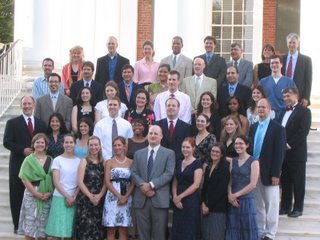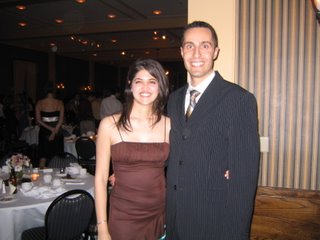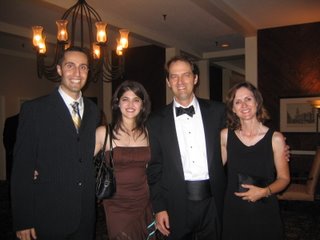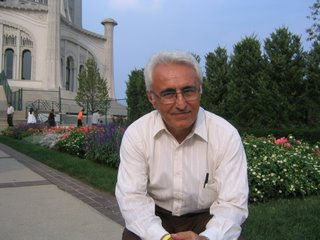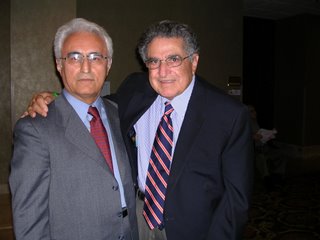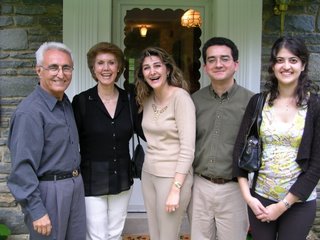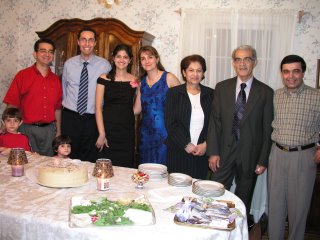Farewell to Thomas Jefferson's University
Founded in 1819 by Thomas Jefferson, the University of Virginia boasts a student body of 17,000 in central Virginia. Steeped in tradition and academic excellence, it stands only second to UC Berkeley amongst premier public universities in the United States. This June, Shahrzad finished her fellowship in Faculty Development at the Department of Family Medicine and I finished my residency at the Department of Anesthesiology at the University. We are both proud to have been a part of this esteemed university and the age-old Virginia prayer holds true that,
"Remembering the purple shadows of the lawn, the majesty of the colonnades, and the dream of your youth, you may say in reverence and thankfulness:
"I have worn the honors of Honor, I graduated from Virginia"
We are indeed thankful to the generous and unwavering support of our parents for achieving this milestone. Attached, you may find pictures of the farewell dinners of both Departments. Shahrzad stands next to David Slawson, M.D., the internationally renowned physician who founded the concept of information mastery. I am pictured with the chairman of anesthesiology at the University, George Rich, M.D., Ph.D., and his wife Karen. Others pictured are Shahrzad's mentor Fern Hauck, M.D. and the entire Department of Family Medicine in front of the Rotunda.
We will miss you, Virginia!

